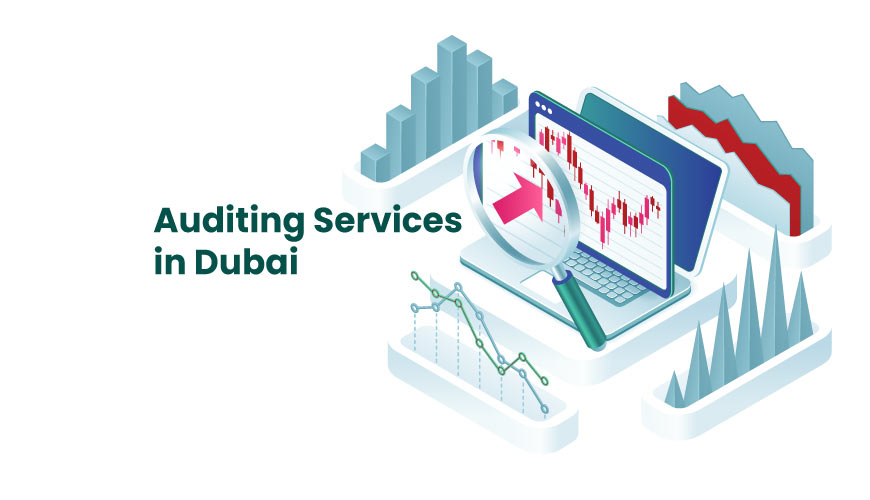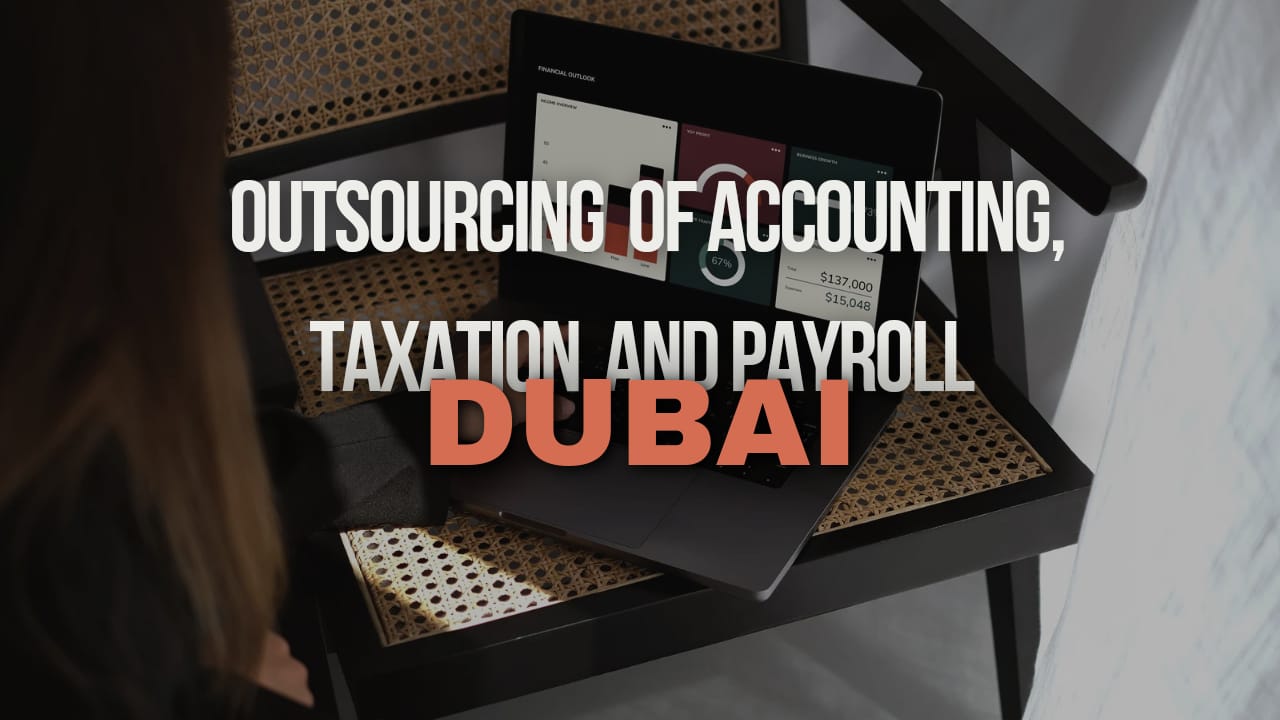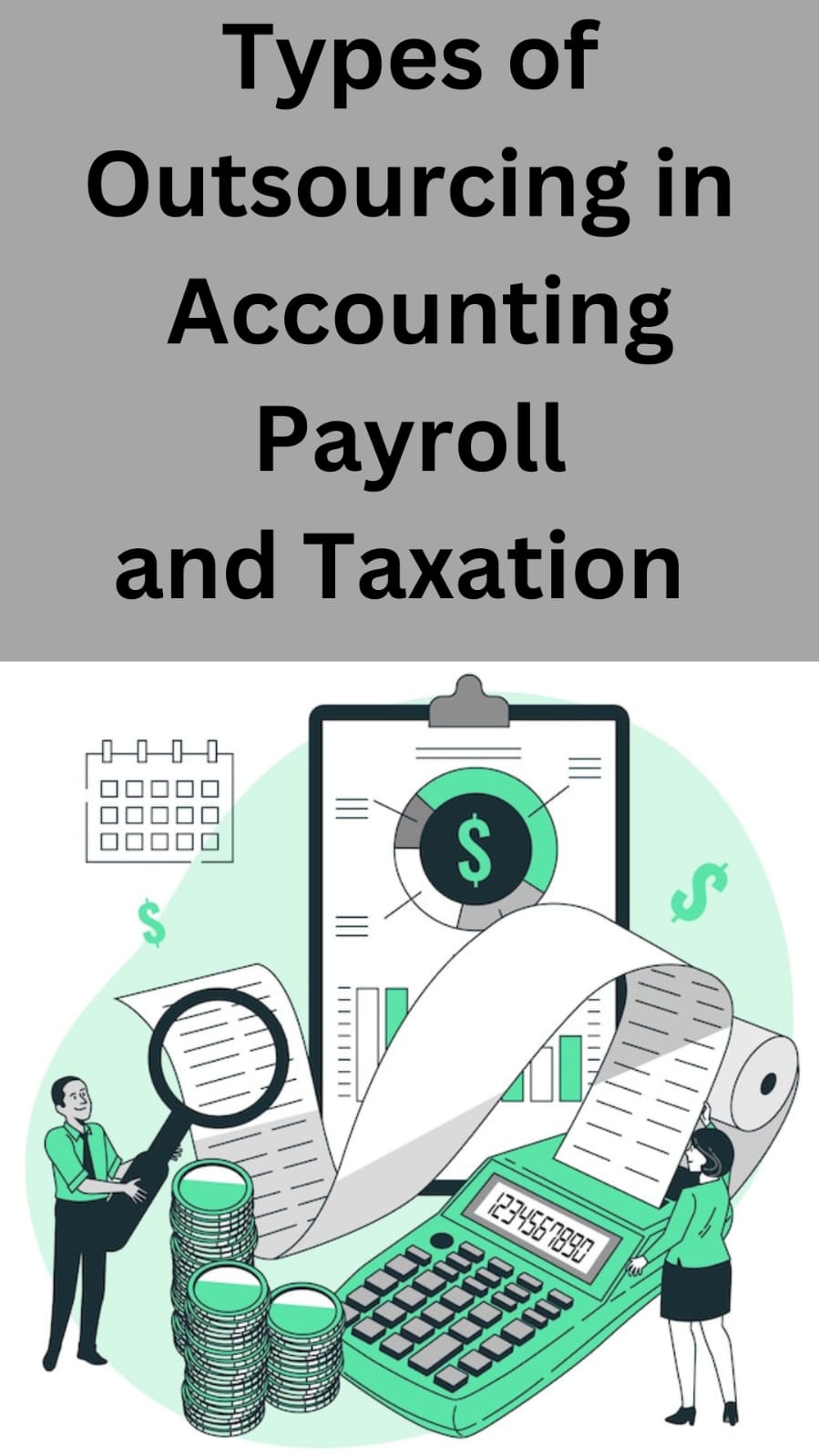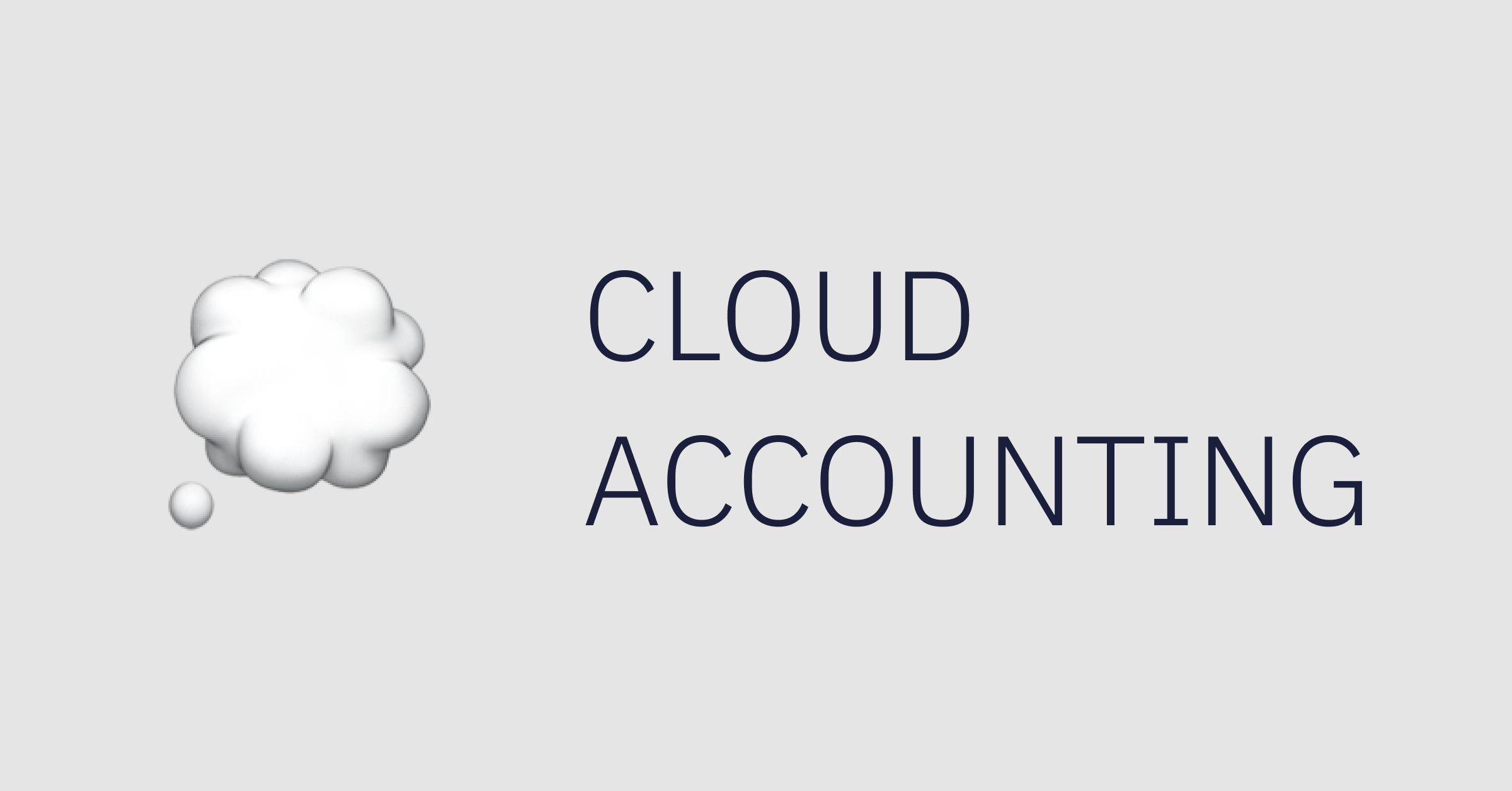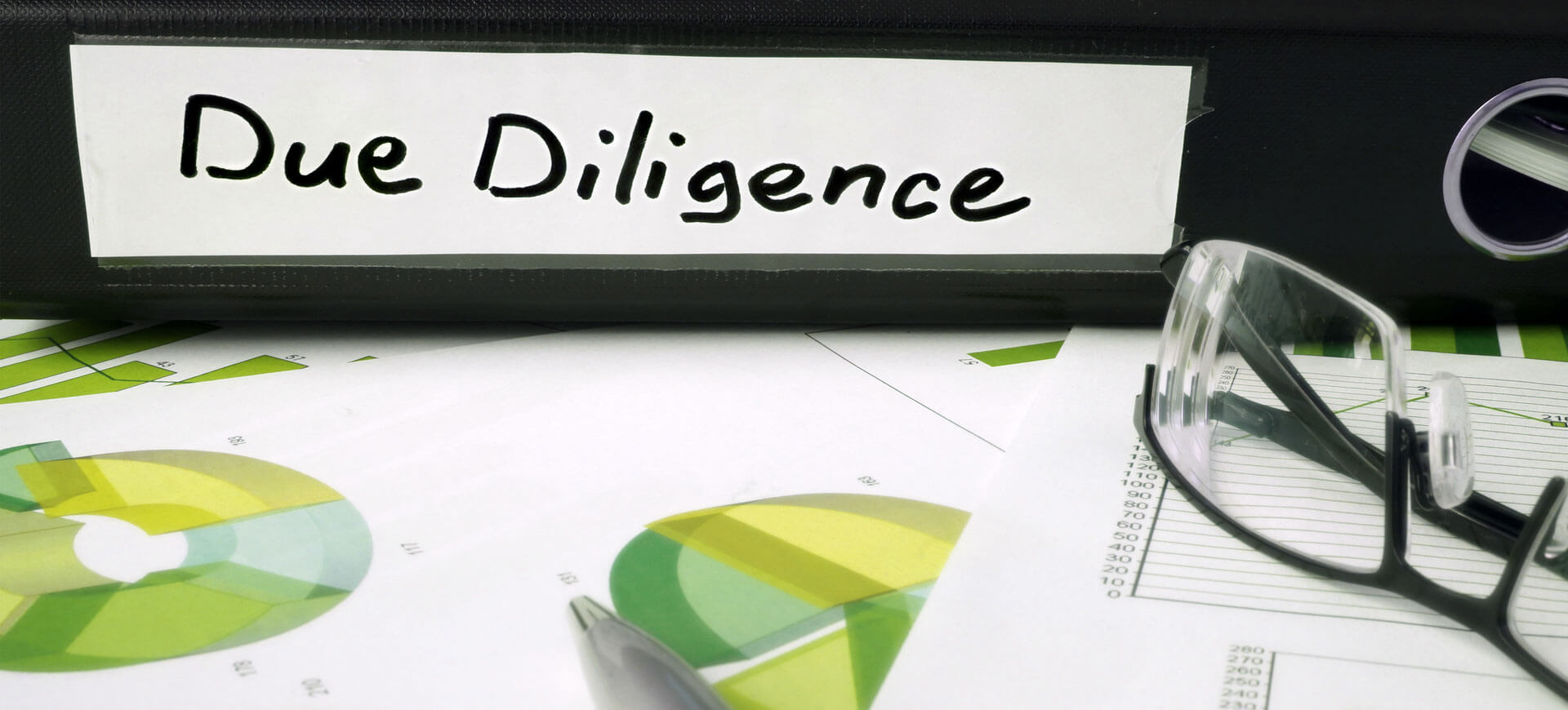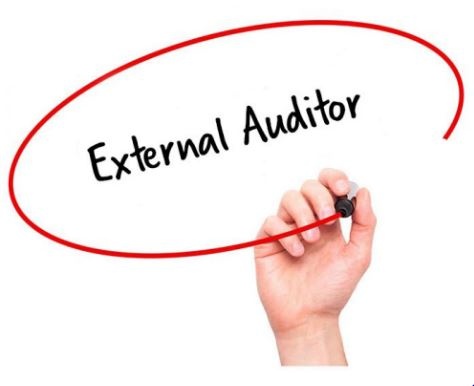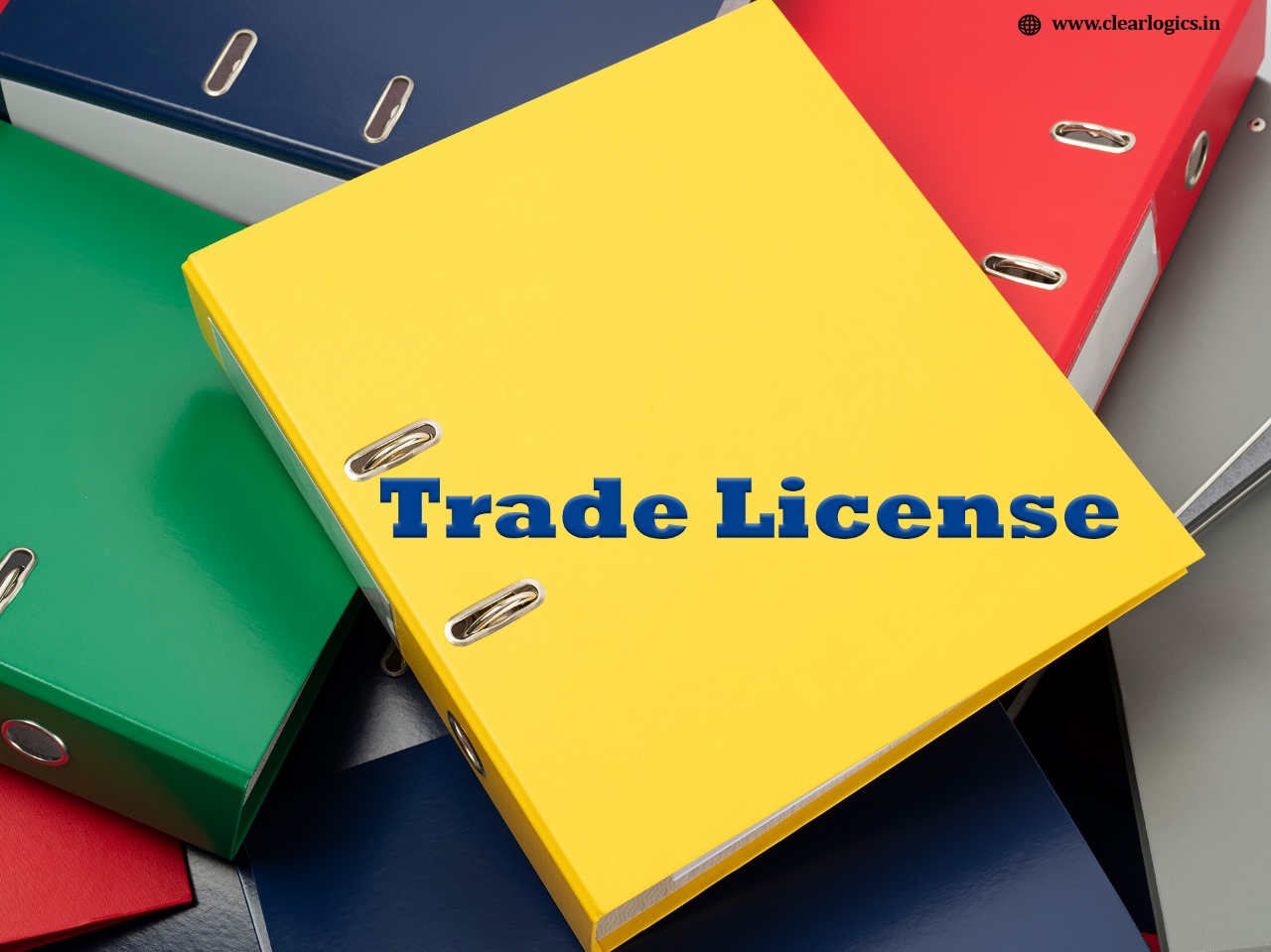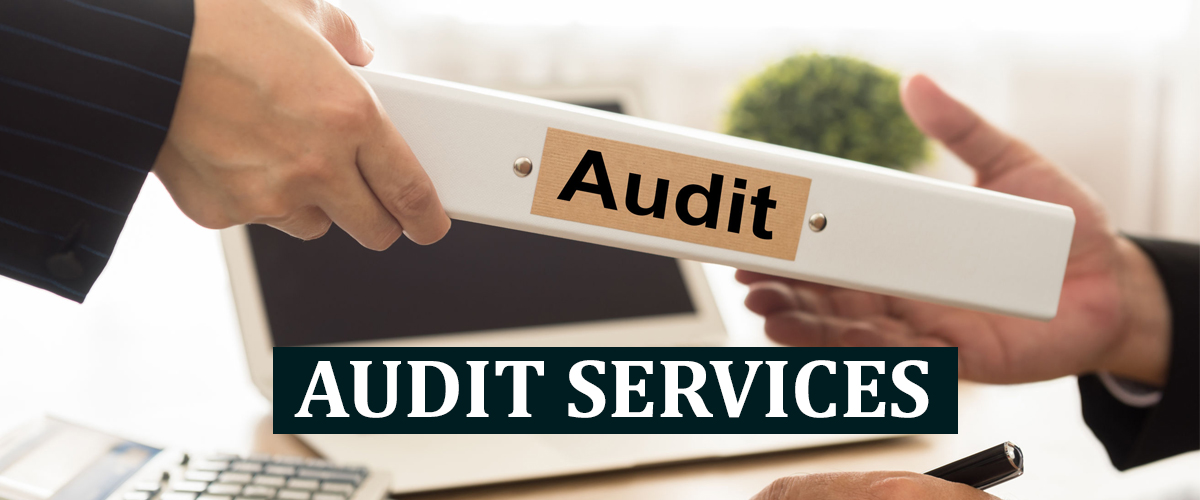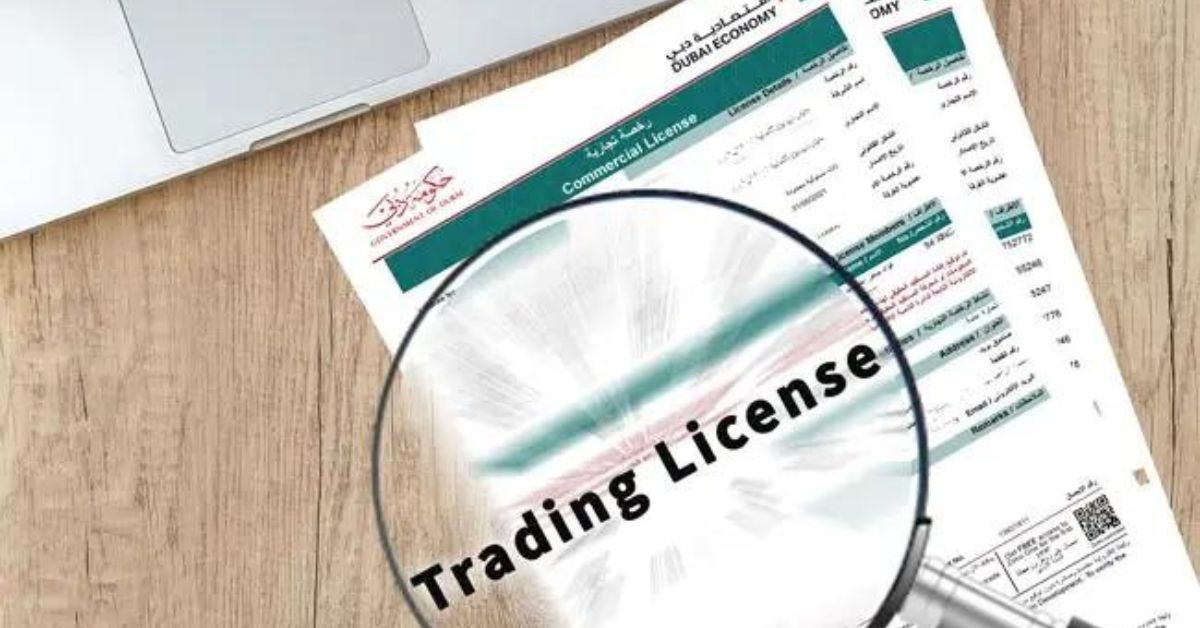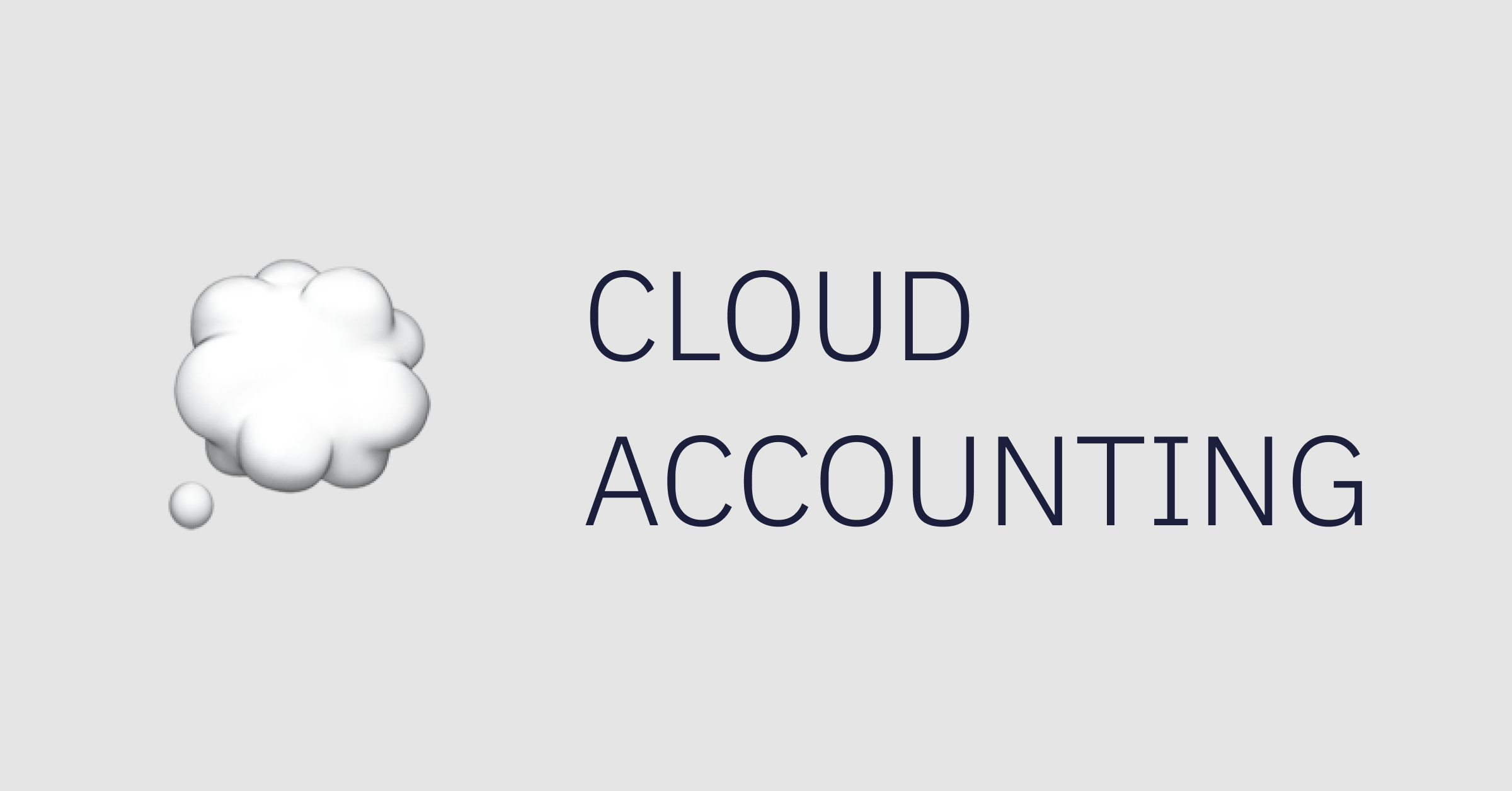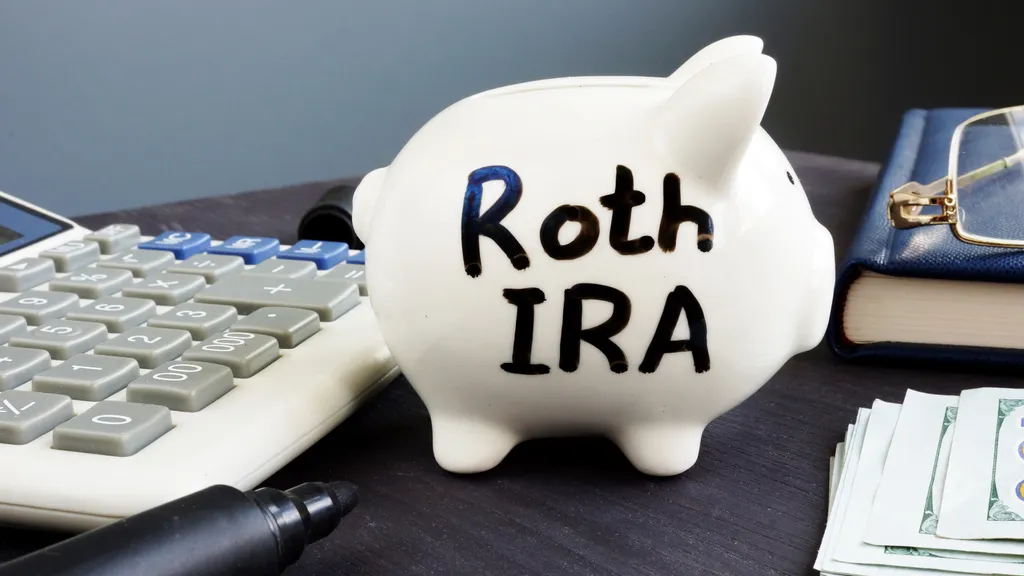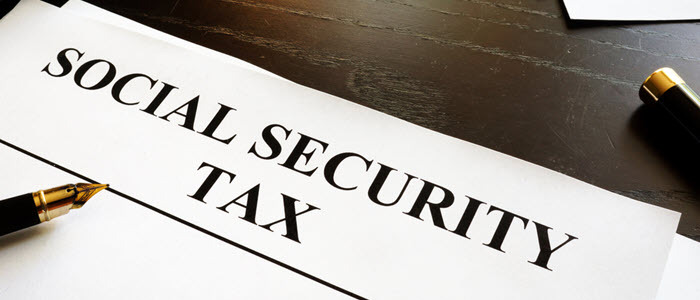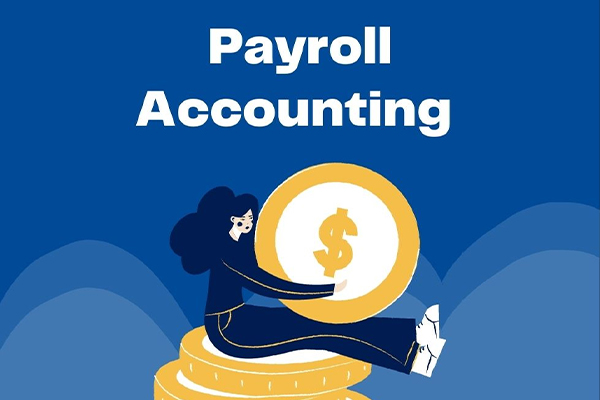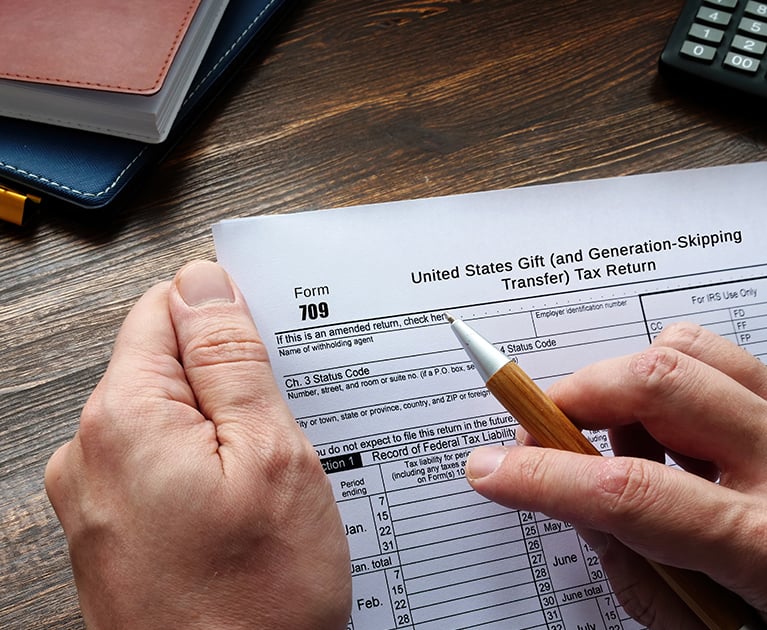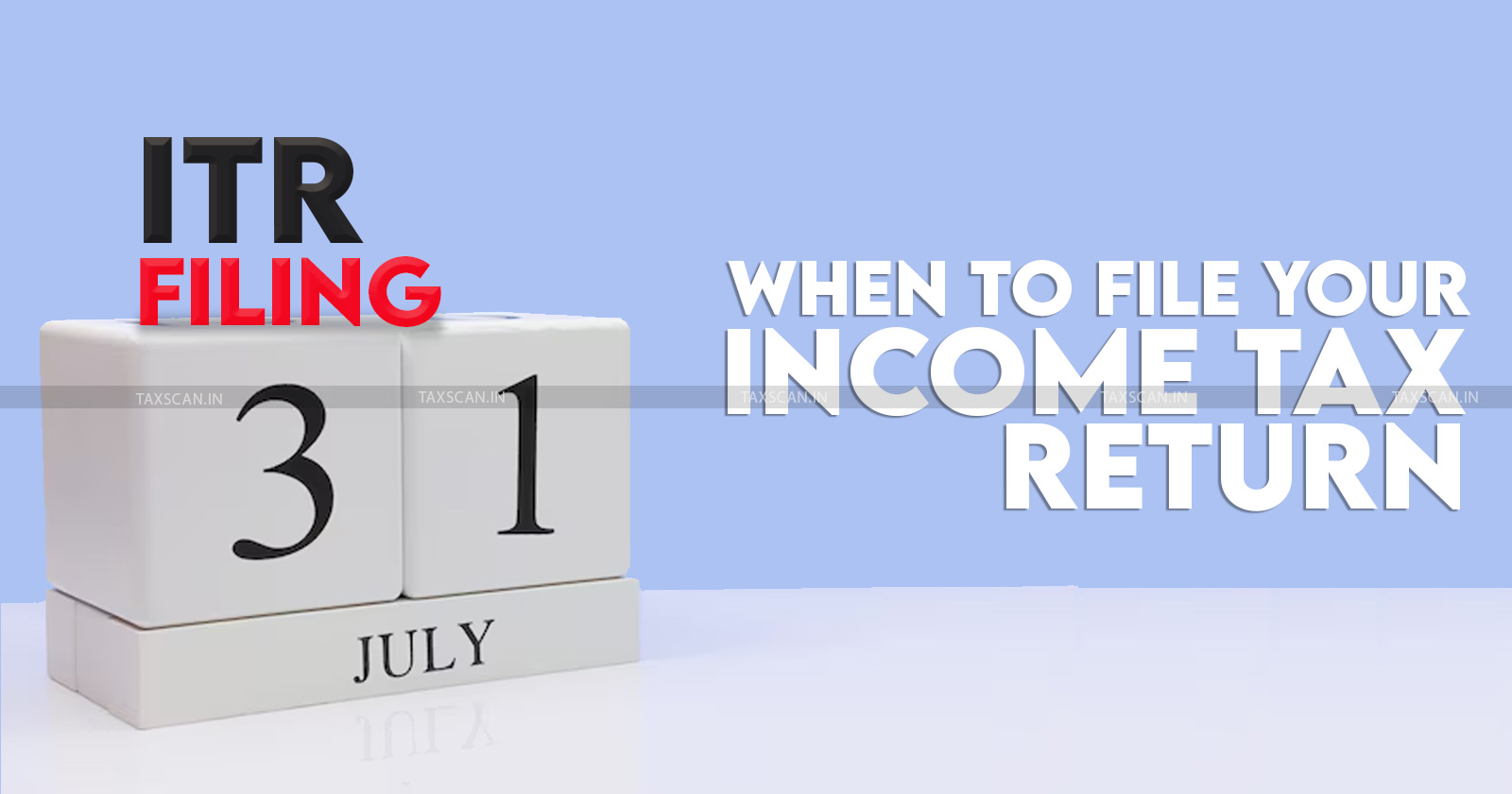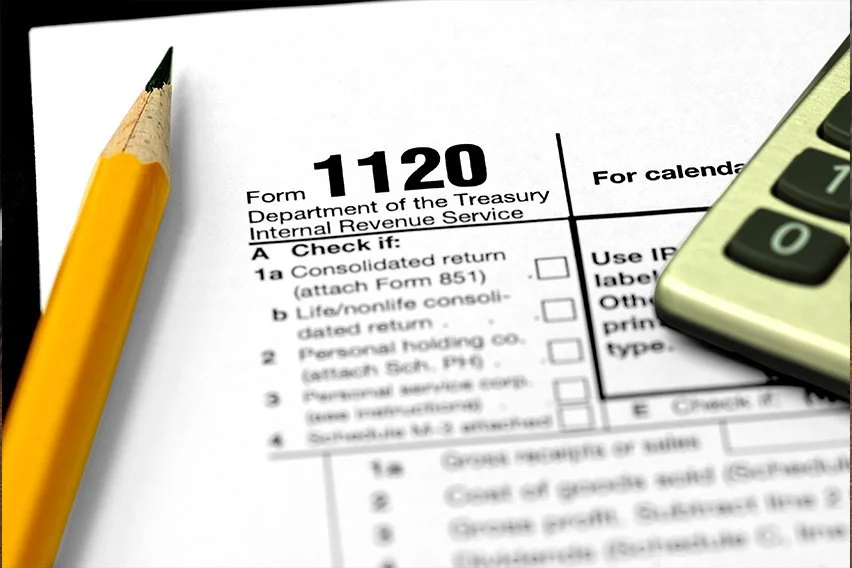Audit Services in Dubai
Dubai, one of the world's most dynamic business hubs, has seen rapid growth in its economy over the past few decades. This growth has created a demand for robust financial systems, including auditing services. Auditing in Dubai is not only a legal requirement for many businesses but also a strategic tool that helps organizations maintain transparency, enhance credibility, and improve operational efficiency. This article explores the landscape of auditing services in Dubai, highlighting their importance, regulatory environment, and key players in the market.
Dubai, one of the world's most dynamic business hubs, has seen rapid growth in its economy over the past few decades. This growth has created a demand for robust financial systems, including auditing services. Auditing in Dubai is not only a legal requirement for many businesses but also a strategic tool that helps organizations maintain transparency, enhance credibility, and improve operational efficiency. This article explores the landscape of auditing services in Dubai, highlighting their importance, regulatory environment, and key players in the market.
Types of Audit Services
Internal Audit: This audit takes place within the organization, initiated by the business owner, and carried out by someone other than the owner. It is commonly employed by businesses with shareholders or board members to stay informed about the company's finances.
External Audit: In Dubai, companies must undergo regular external audits, mandated at various points in their lifespan. Shareholders enlist an impartial external auditor to provide an objective and accurate evaluation of the company's financial condition.
Regulatory Environment for Auditing in Dubai
Dubai's regulatory environment for auditing is shaped by a combination of local laws and international standards. The key regulatory bodies and frameworks include:
Dubai Financial Services Authority (DFSA): For companies operating in the Dubai International Financial Centre (DIFC), the DFSA sets the regulatory framework. The DFSA mandates that companies adhere to International Financial Reporting Standards (IFRS) and undergo regular audits by approved firms.
Ministry of Economy (MOE): For mainland companies, the Ministry of Economy enforces audit requirements, ensuring that financial statements are prepared according to the UAE's Commercial Companies Law. This law mandates that all public and private shareholding companies must have their financials audited annually.
Free Zones: Businesses in Dubai's free zones are subject to the regulations of the respective free zone authorities. Most free zones require annual audits, though the specific requirements can vary.
International Standards: Auditing firms in Dubai generally follow international standards such as IFRS and International Standards on Auditing (ISA), ensuring that audits are conducted with the highest level of accuracy and professionalism.
Conclusion
Auditing services in Dubai are integral to the city's business ecosystem. They ensure regulatory compliance, foster transparency, and support business growth. As Dubai continues to evolve as a global business hub, the role of auditors will only become more critical. For businesses operating in Dubai, partnering with the right auditing firm is not just about meeting legal requirements—it's about building a foundation for long-term success.


